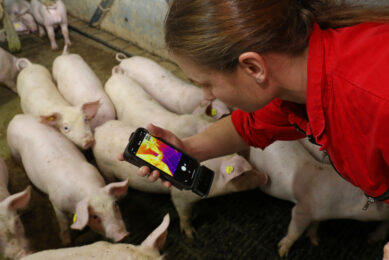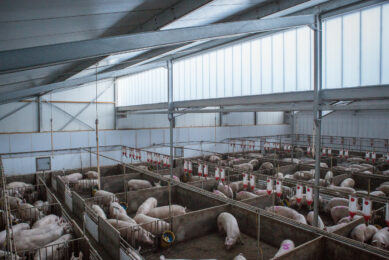New Zealand: New code of welfare for pigs released
The Animal Welfare (Pigs) Code of Welfare 2010, released by the Minister of Agriculture, encourages all those responsible for pigs to adopt the highest standards of husbandry, care and handling.
The National Animal Welfare Advisory Committee (NAWAC) has completed its review of the 2005 code which was programmed so issues surrounding the use of confinement systems – such as farrowing crates and dry sow stalls – in pig production could be re-examined.
While the code does not immediately ban the use of crates and stalls, it does introduce a five year phase out of dry sow stalls and set new limits for the amount of time they can be used for pregnant sows after mating, and for farrowing and lactation.
Accordingly, The Animal Welfare (Pigs) Code of Welfare 2010 contains standards that:
limit the use of dry sow stalls to four weeks after mating from December 2012 prohibit the use of dry sow stalls after mating from December 2015
NAWAC Chair Dr John Hellstrom says the code signals the direction the Committee and Government wants the industry to take and strongly encourages the identification and adoption of systems that improve overall animal welfare as soon as possible.
“We have set a clear end point for sow stall use after mating to improve pig welfare and sent a clear signal that highly intensive, indoor pork production is not acceptable to many New Zealanders. This is a strong message to intensive producers that they need to make changes.”
Dr Hellstrom adds that the code reduces the maximum time sows can be confined to half that of current standards by the end of 2012, and the maximum time is further reduced by the end of 2015 ensuring all sows have freedom of movement for the majority of their life.
“The code contains minimum standards and best practices that aim to encourage the highest standards of husbandry, care and handling. These standards put New Zealand one step ahead of many other countries and help strengthen our reputation in animal welfare.”











